In March 2020, Netflix released the new series JU-ON: Origins and just like a curse, it’s been disseminating terror across the world ever since. The show is set in Tokyo, in the period between 1988 and 1997. Investigator of the paranormal Yasuo Odajima (Yoshiyoshi Arakawa) takes an interest in the unnatural phenomenon happening to rookie actress Haruka Honjō (Yuina Kuroshima) and starts investigating to find out the truth. Like a chain reaction generated from Haruka’s strange happening, a series of mysterious incidents start occurring around the two of them. After chasing one incident after another, Odajima realises that everything is connected to a “cursed house”.
JU-ON: Origins is a series based on the Japanese horror movie franchise, Ju-On. The first film was made by Takashi Shimizu and came out in 2000, gaining popularity in Japan as well as Hollywood — thanks in part to an American remake, The Grudge — before changing shape and evolving into the series that we now know and love. This new instalment is co-written by none other than Hiroshi Takahashi, famous for writing the world-renowned Ring (1998), among many other chapters of the Ju-On series. In charge of production is Takashige Ichise, who produced cult horrors including Ring, its sequel Spiral, and the original Ju-On. These two legends, responsible for the boom of the J-horror genre back in the 90s, teamed up once again for their first television series and the absolute hit that is Netflix’s JU-ON: Origins.
Joining this legendary duo is new talent Shō Miyake, who has directed the series. 36-year-old Shō first got attention in 2012 for his directorial debut Playback, a time-shifting coming-of-age movie. Then, in 2018, he directed the multi-award winning film “And Your Bird Can Sing,” an adaptation of the novel by Yasushi Satō. While Shō is undoubtedly one of the most popular young Japanese directors of the past decade, Ju-On: Origins is his first venture into the realm of horror. Here, we ask him all about his experiences with it.
We hear it was the show’s screenwriter Hiroshi Takahashi who approached you with the proposition to collaborate?
Takahashi-san sent me his script and told me he would recommend me as the director if I was interested in it. I read and read the script countless times and thought it was very interesting, but at the same time, I realised it could be quite a challenge for me. First of all, Kayako and Toshio don’t appear as characters! I thought it would be pretty hard to portray the invisible curse only through the house and the narrator, without using any actual characters. That’s what stopped me at first, and it took time to come to grips with. In addition to that, there are many types of horror and this script covers a lot of them in every episode — from evil spirits to gore, murder, horror based on true events, etc. There are frequent scenes of violence, not only against ghosts but between human beings, time and space get distorted… anyway, there were just so many incredible plans for the series, and I had to think about if I really could direct all that.

The story unfolds and the mysteries are chased after, but not all of the questions are answered in the end. The curse isn’t portrayed through the characters of Kayako and Toshio, making this series completely different from the previous instalments of Ju-On. So what is the real identity of the curse? What is the origin of the fear in the movie?
Generally, in horror movies, curses are visualised through something such asa spirit that humans have to fight. To put it in extreme terms though, this conceptually separates the world of the living with the one of the dead. This simplicity is what attracts the masses entertainment-wise, but Takahashi-san’s script is completely different and takes the element of the curse to another level. In his world, there are humans, and obviously, there are non-humans. But why do they exist? Is it something that comes in effect when humans sin? Takahashi-san sees the curse as something that influences everything around it, like a magnetic field. In JU-ON: Origins, the curse is invisible and only represented through its story, which changes how the characters understand the world around them upon hearing it. It’s kind of experimental.
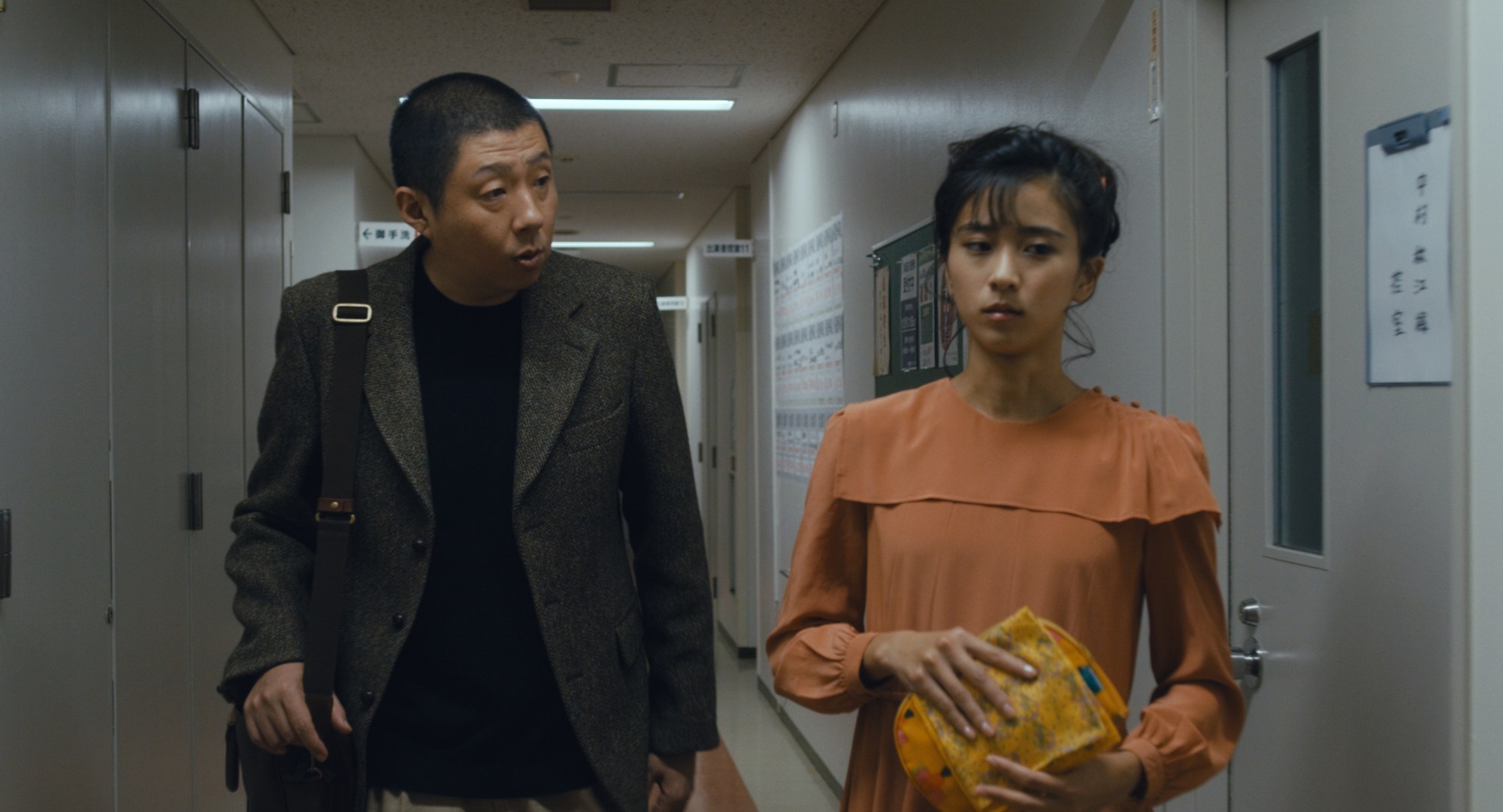
The sense of vagueness that is present through the whole show is what seems to trap the spectators in their own feeling of uneasiness. Through a series of incidents that are impossible to comprehend with logic alone, the viewers are exposed to raw fear. How did you acheive that?
The actions taken by the characters of the show, are all caused by some sort of karma. At the same time, they’re also moved by this mysterious curse. In short, there are two switches: one of them is not necessarily ON while the other is OFF, but rather a subtle graduation between the two is always present. That is why the characters’ actions are always contradictory. It’s neither ‘ghosts are scary’, nor ‘the humans are the scary ones after all’. Humans have multiple reasons for their actions. The show constantly poses the question of what is behind the characters’ behaviour, and that is how the invisible curse gradually becomes ‘visible’, I believe.
Numerous tragic incidents that shook Japan at the time, such as the Tokyo subway sarin attack (1995) and the Kobe child murders (1997), are recalled in the show through the news. In addition, the characters in the show also remind the viewers of the feeling of unpleasantness of that era. How did you capture this connection between fiction and reality?
I realised that some real-life incidents were hidden, but I didn’t want to simply recreate them and pay homage to what happened. Instead of just reproducing the events, I thought it would be good to emulate the feel and atmosphere of the people living in those times. What I wanted to do with this series is to point the spotlight at the anonymous people of the time, rather than just show the big news which everyone talks about even now. From the late 80s to the end of the 90s, a lot of big names showed up, but in their shadows, many individuals were living their lives. Of course, the characters in the show have a sort of hierarchy, but if you look at the big picture they’re all unknown individuals. Even direction-wise, I wanted to equally point the spotlight at those kinds of people.
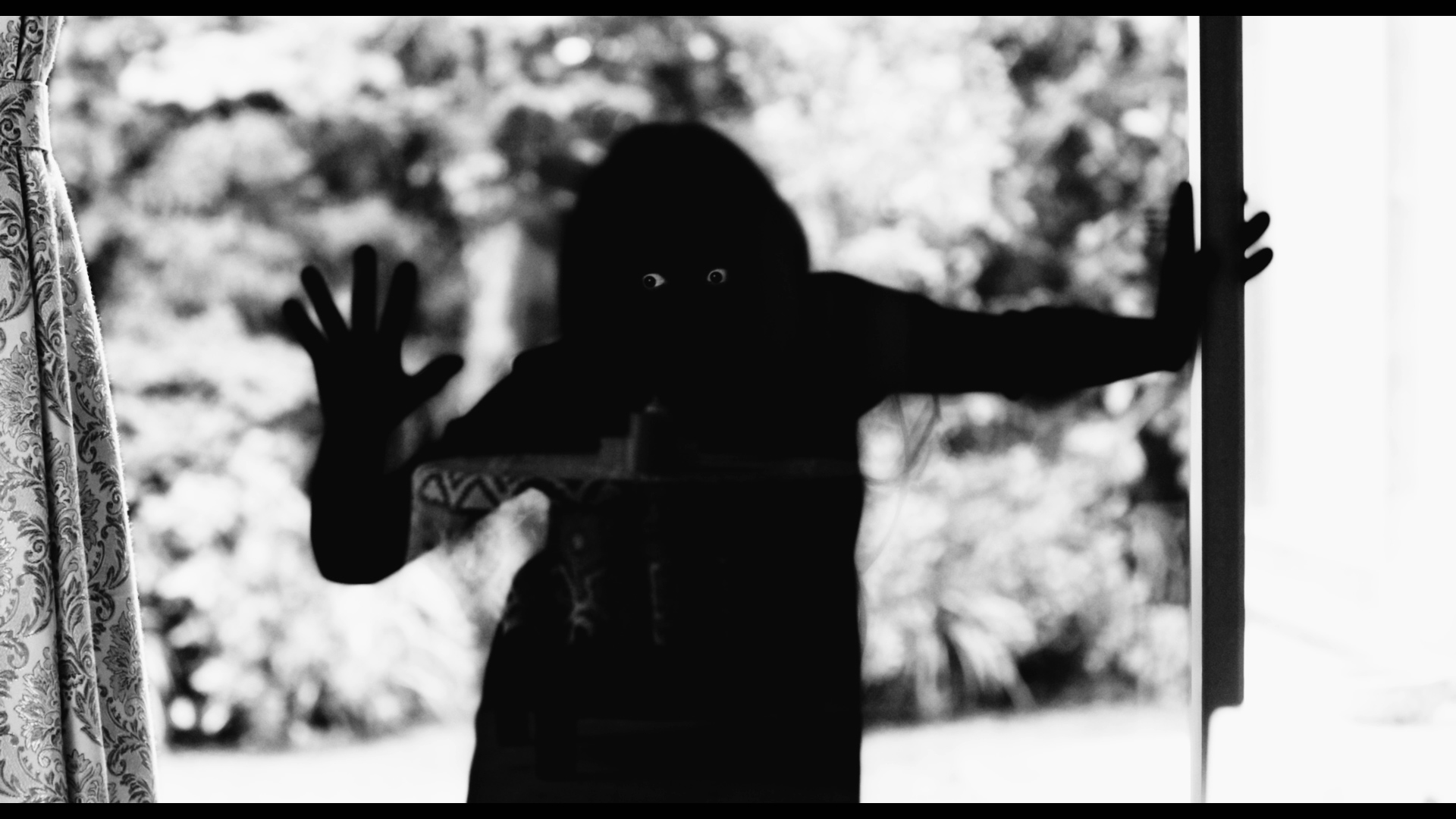
After the release of the series, it was criticised for its extreme scenes of violence, in particular, for its depiction of violence on women. How do you confront real-life violence and tragedy in regards to movie making?
Honestly, I’ve been avoiding depicting society’s unhappiness and cruelty up until now. I’ve been making movies since the year 2000, and a lot of tragic events and incidents have happened since then, while I’ve been creating. I’ve always seen this reality as a natural precondition in which my characters live, and my goal has always been to find those fun moments that make their life happy. If you only look inside the frame, my movies are unpolitical, and often seen as utopia-ish. Society sucks and life is irrational, so I wanted to capture the happy moments, and I believe people from my generation understand that. If you want more people to understand your message, it might be better to directly show those realities too. Would it be better to express my discontent towards society in a simpler way? It’s a dilemma for me.
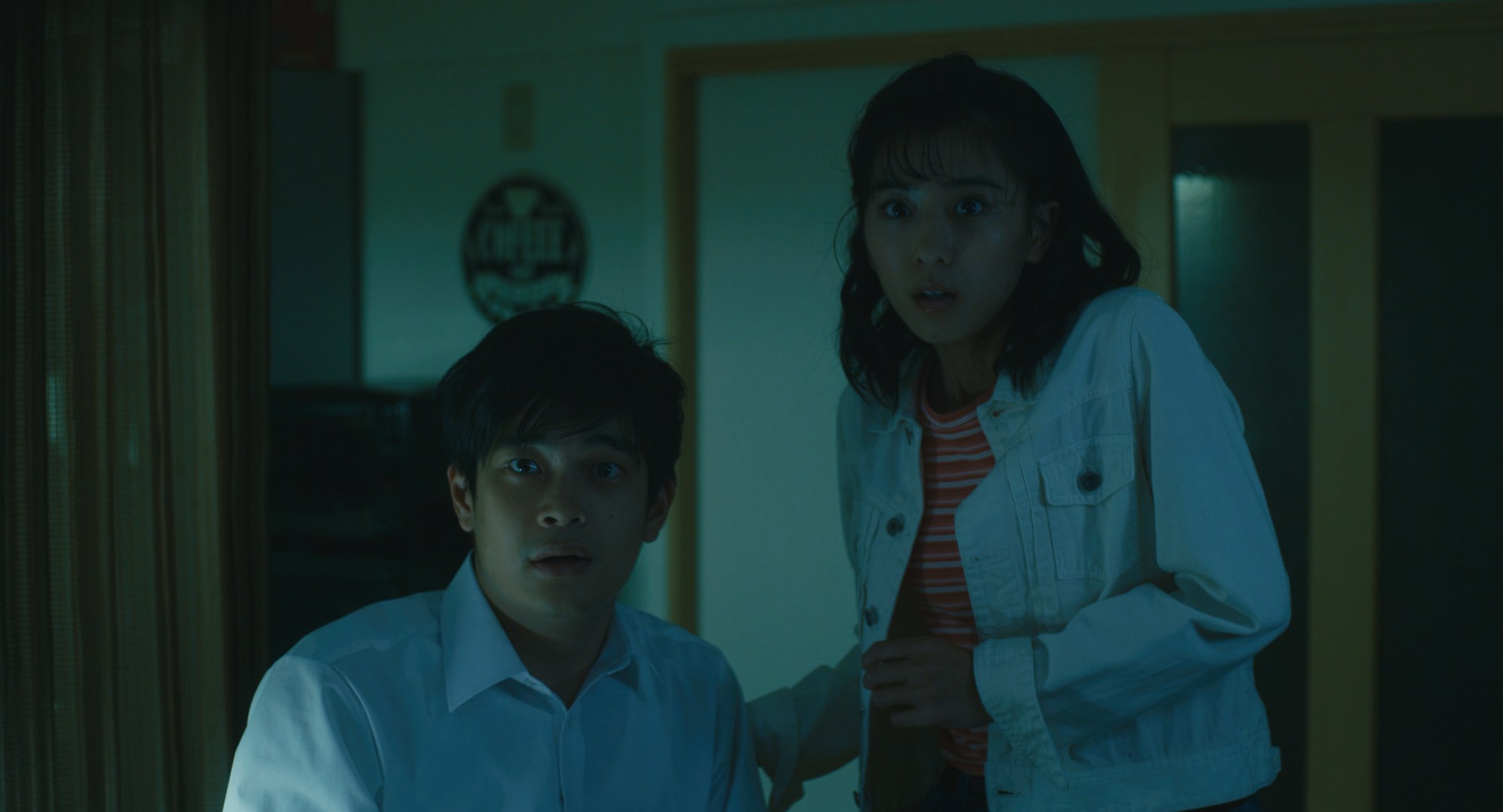
For people who know your work, this series might actually be quite surprising. Like And Your Bird Can Sing (2018), your movies typically have an overall sense of peacefulness: THE COCKPIT (2014), for example, brightly depicts a group of rappers making music. For this series, you could say that you sealed away your characteristic sense of happiness and serenity?
If you compare it to my other works, you might be surprised. Up until now, I’ve only made movies through my relationship with other people: “And Your Bird Can Sing” is originally a novel by Yasushi Satō, and “THE COCKPIT” only exists because OMSB and Bim were there. Everyone praises my movie for the light, but that’s actually up to the lighting department and the director of photography. What most people think my sense as a director is, and what I think it is are two different things. Of course, if I had to create my own horror movie, it would be completely different from this. Maybe it would be something like A Ghost Story (David Lowery, 2017), which is not scary at all. But I thought that wouldn’t really be what they want for this show, and going for a subtle approach wouldn’t work for a TV series. What they want is a good story, so I focused on the narration. My job is to understand how to put together a film with each and every actor, every step of the way. That relationship between me and the people is what builds my characteristic sense as a director; it should be something visible and invisible at the same time.
Finally, what are your favourite horror movies?
Ring was very popular when I was a teenager, but I was too scared to watch it. Horror as a genre is the complete opposite of how I see the world. But in terms of understanding the world and making something while staring at today’s society, I think I had something in common with Takahashi-san and the others. It was my first time using horror as a “window” and it was also a good excuse to look at the world from another perspective. Rather than as a “window,” I guess I’ve used horror more like a ruler to remeasure the world around me.
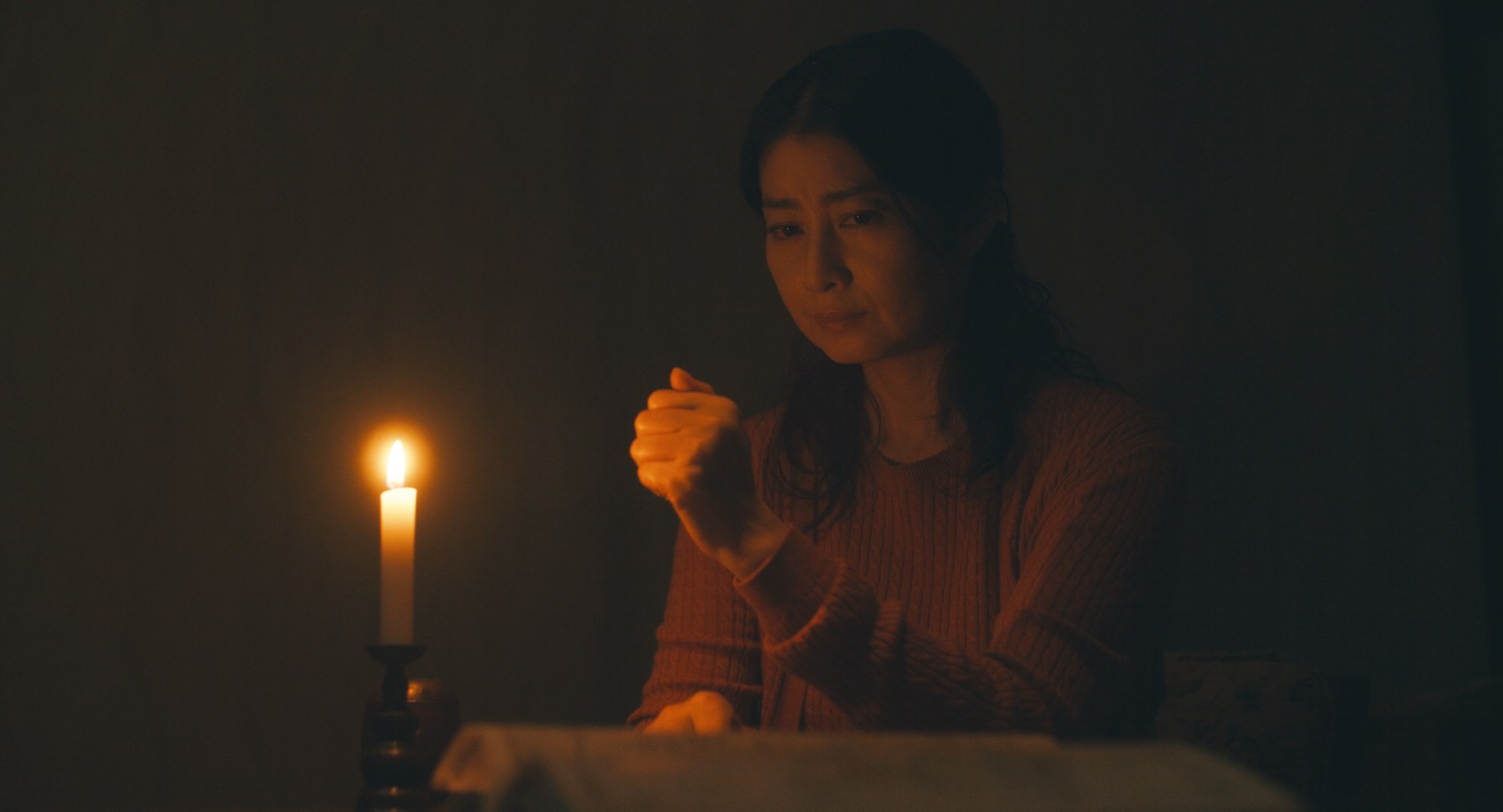
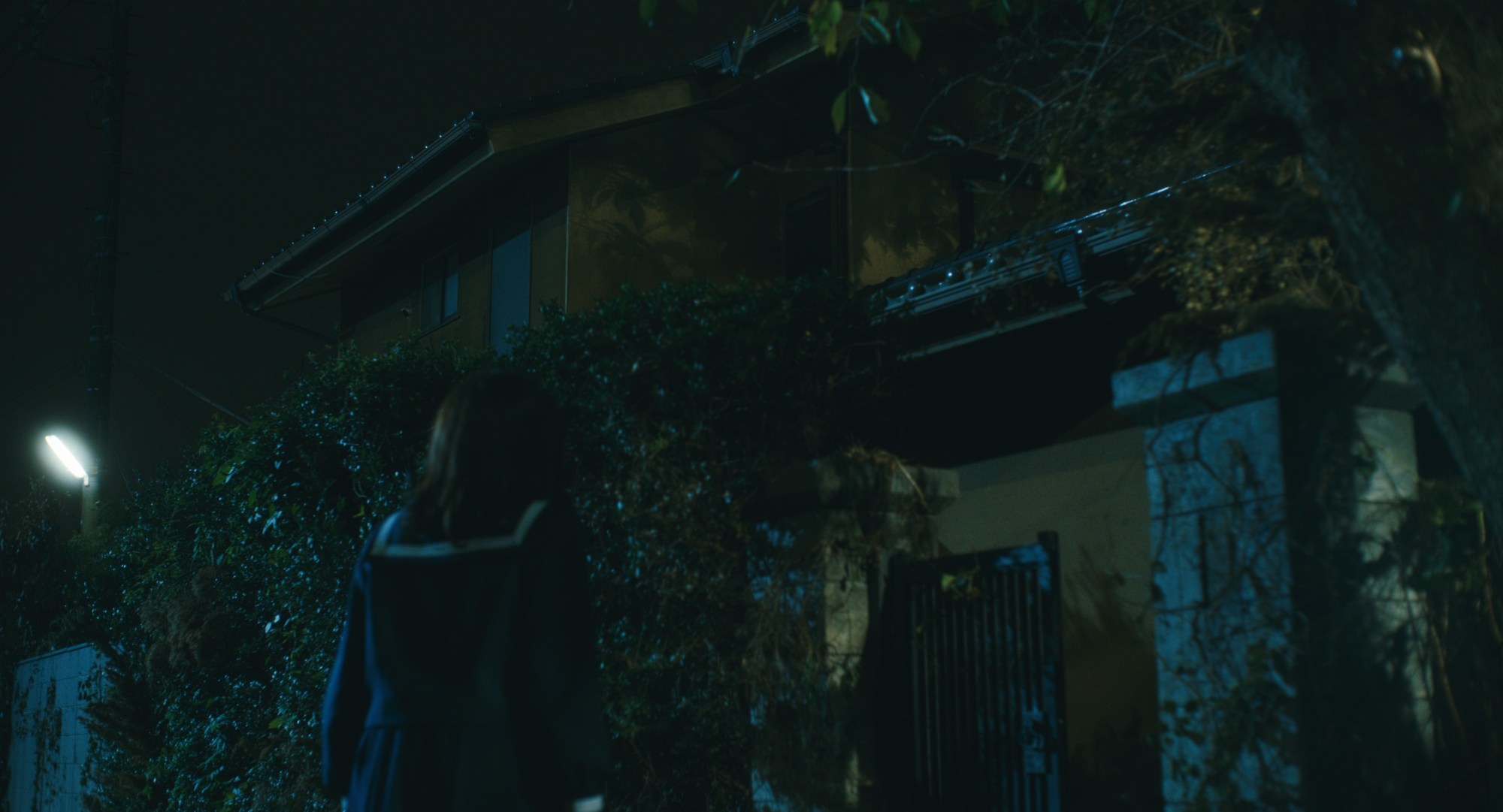
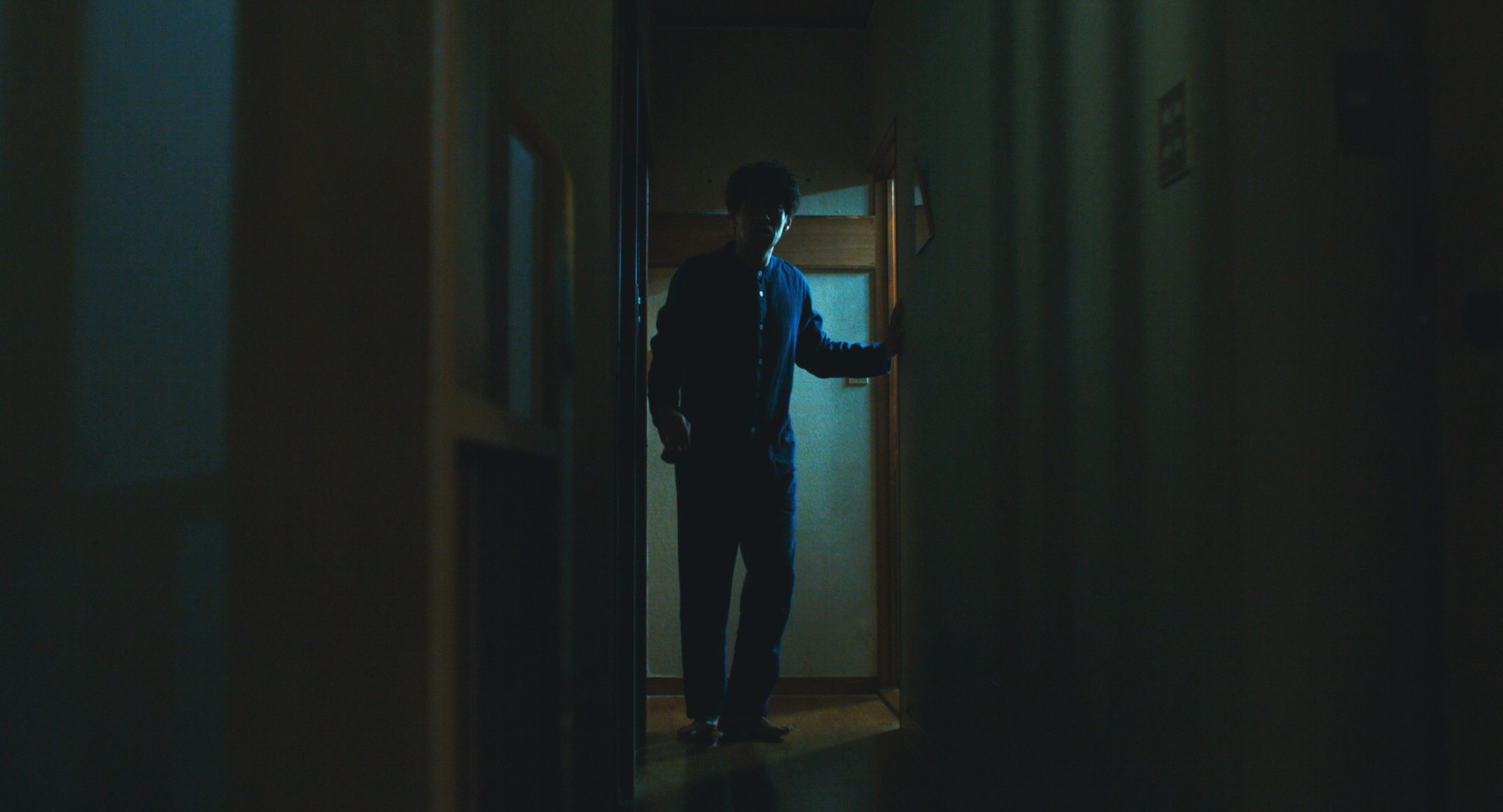
JU-ON: Origins is out now on Netflix

